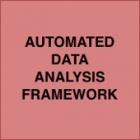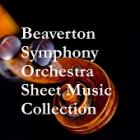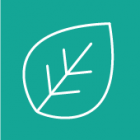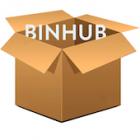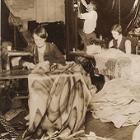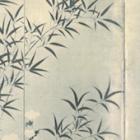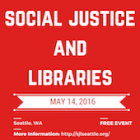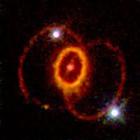
Astronomy and Physics Collection Policy Update
Collection development policies guide the evolution of library collections while considering the needs of the populations served. The existing University of Washington Libraries’ subject policies for astronomy and physics were last updated in 1986 and never ratified. The procedures outlined therein are woefully out of date and, in particular, have nothing to say about electronic resources, which are cornerstones of modern academic work. In order to bring these policies into the 21st Century, our group examined existing collection policies at the University of Washington, interviewed the astronomy and physics collections’ users, and studied astronomy and physics policies from comparable institutions. The resulting documents, including a formal policy statement and a public-facing LibGuide, will direct collection acquisitions, maintenance, and evaluation in these fields for years to come while providing the flexibility to adapt to the fast-paced environment of research science.

